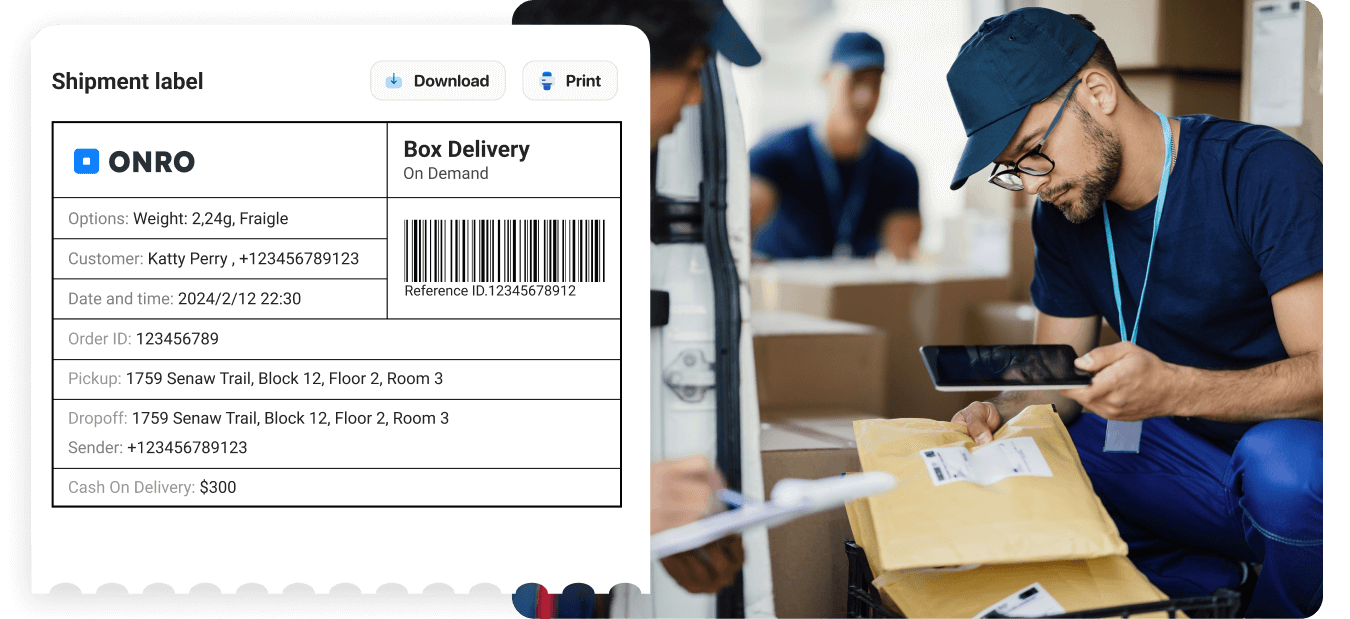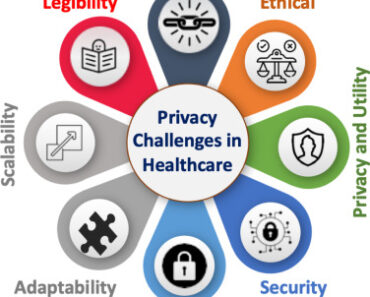Thinking about becoming a medical courier but not sure what qualifications you actually need? You’re not alone. Many new couriers assume they need medical education or special licensing — and that’s not true.
📌 Most medical courier jobs require NO medical degree, NO commercial license, and NO complex onboarding.
But…
There are a few certifications that can dramatically increase your chances of getting hired and earning higher pay.
This guide breaks down every requirement — what’s mandatory, what’s recommended, and what’s optional depending on the type of deliveries you want to handle.
✅ The Basic Requirements (No Certification Needed)
Every courier company will expect you to have:
-
Valid driver’s license
-
Clean driving record
-
Reliable vehicle (sedan is fine)
-
Auto insurance
-
Smartphone with navigation
-
Ability to pass a background check ✅
That’s enough to apply — right now.
But if you want the best opportunities?
That’s where certifications come in…
🎓 Certifications That Make You More Hireable
Here are the top 2 certifications that nearly all medical courier employers prefer:
✅ 1️⃣ HIPAA Compliance Training
(Strongly recommended — sometimes required)
HIPAA ensures patient privacy and protection of medical info.
Why it matters:
-
You’ll access patient names & medical records during deliveries
-
Labs and hospitals must stay legally compliant
🕒 Training time: 60–90 minutes
💰 Cost: Typically $20–$40
Employers love to see this — it screams professionalism.
✅ 2️⃣ OSHA Bloodborne Pathogens Certification
(Required for specimen transport jobs)
OSHA training covers:
-
Proper PPE (gloves, spill kits, etc.)
-
Handling of blood, tissue, pathology samples
-
What to do in case of exposure
🕒 Training time: 1–2 hours
💰 Cost: $20–$50
If you want to deliver lab specimens (often the highest pay!), you need this.
🧪 Who Requires These Certifications?
| Delivery Type | HIPAA | OSHA | Required? |
|---|---|---|---|
| Blood/Specimens to Labs | ✅ | ✅ | Yes |
| Medications to Homes | ✅ | — | Strongly recommended |
| Surgical Tools & Equipment | — | ✅ | Often required |
| General Healthcare Supplies (non-sensitive) | ✅ | — | Recommended |
⚠️ Some courier companies provide training after hiring — but having your certifications before applying makes you a priority candidate.
📍 Additional Optional Certifications
These are not required for beginners — but can increase pay and contract access:
| Certification | Purpose | When it Helps |
|---|---|---|
| Hazardous Materials (HazMat) | Transport chemicals, biohazards | High-level hospital contracts |
| Medical Terminology Basics | Communicate with staff clearly | Business owner scaling a fleet |
| Defensive Driving | Insurance savings | High-mileage couriers |
Start with HIPAA and OSHA — then upscale as you grow.
🛡 Insurance & Security Requirements
Some providers may ask for:
-
Higher auto liability limits (e.g., $300K+)
-
Vehicle inspection records
-
Proof of business entity (LLC) for contractors
Don’t worry — most provide guidance during onboarding.
💵 How Certifications Impact Earnings
Medical couriers with safety certifications are eligible for:
✅ Higher-paying STAT routes
✅ More consistent daily routes
✅ Direct contracts with labs & hospitals
✅ Promotion into multi-driver fleet ownership
Couriers report earning:
📌 $800–$2,000 per week
✅ Much faster with proper certifications
A $40 course can unlock a $90K+ career.
Pretty amazing return on investment.
⭐ Final Thoughts
Certifications aren’t complicated, they aren’t expensive — and they can be finished today.
If you want:
✅ Faster hiring
✅ Higher pay
✅ Better route opportunities
✅ Long-term business potential
Start with:
✔ HIPAA Compliance
✔ OSHA Bloodborne Pathogens
You’ll instantly rise above most applicants.






